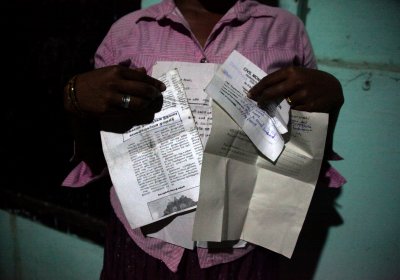Refugee rights activists gathered in Parliament Gardens to support the release of a Tamil family detained on Christmas Island, reports Chris Slee.
Tamil liberation
Sri Lankan soldiers and police have demolished a monument at Jaffna University dedicated to marking the massacre of Tamils at Mullivaikkal in 2009, reports Chris Slee.
The Sri Lankan government has used the COVID-19 pandemic as an excuse for increased repression of the Tamil people, writes Chris Slee.
A state of fear is being re-established in Sri Lanka ahead of snap elections, writes Chris Slee.
The Australian Tamil Congress has expressed its “disappointment” with a March 21 United Nations Human Rights Council resolution because “very little justice has reached victims and survivors” it said.
The predominantly Tamil north and east of the island of Sri Lanka were brought to a “complete standstill” on April 27, Tamilnet reported, as a result of a strike called by unions, civil groups and Tamil political parties.
It was supported by the Northern Provincial Council, which suspended its sitting. In some towns Muslims joined Tamils in the strike.
Uprooted Tamil families from Keappaa-pulavu in the predominantly Tamil north-east province of Mullaiththeevu have accused the Sri Lankan military of genocide for depriving them of their land.
Following a series of protests by Tamils, who face systematic discrimination and oppression, Sri Lankan President Maithiripala Sirisena was supposed to release 234 acres of lands to Tamil families last month as a temporary measure.
It seems no one bothers about “them” in Sri Lanka. No lawyer or rights groups in the country dare to talk of “their” basic rights. Do they deserve to be abandoned or “disappeared”?
- Page 1
- Next page










